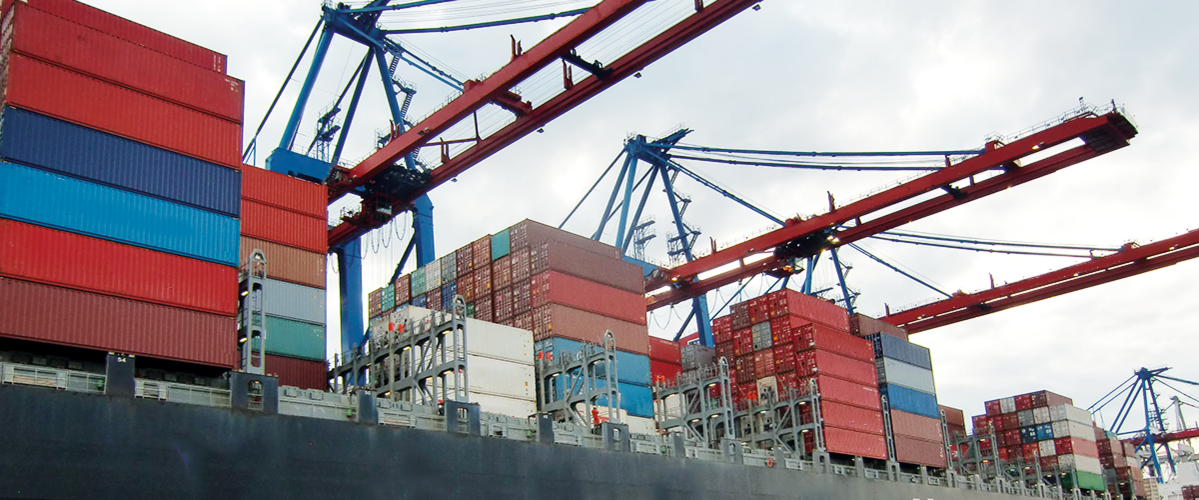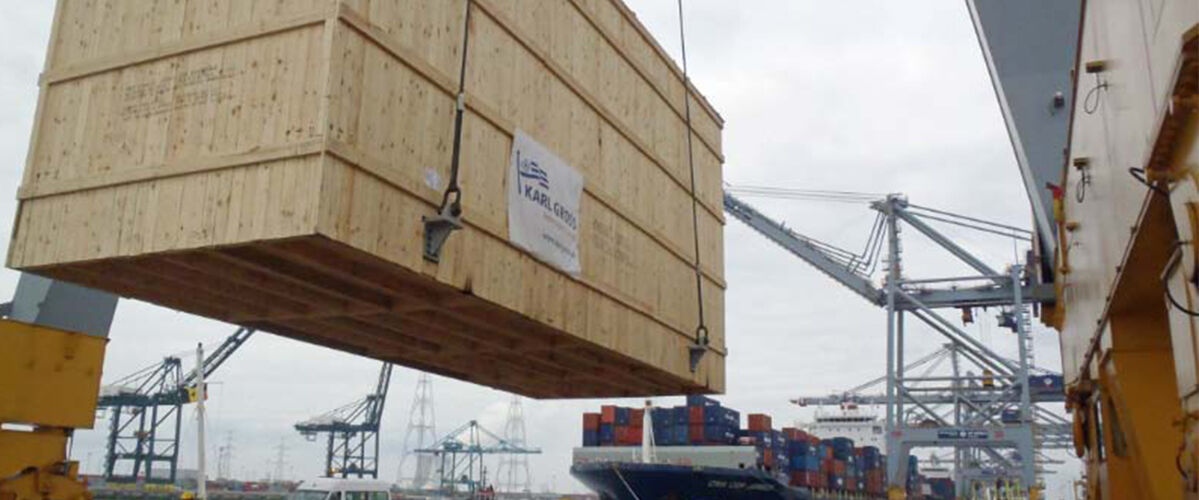FCL and LCL – these acronyms are daily companions in international ocean freight logistics. But what do they stand for, what are the differences and when is which shipping option suitable?
Our motto is „Better logistics for you” and this is also how we approach our apprenticeship programs. Multi-faceted and international – that is how our young logistics professionals to be are trained during their apprenticeships. They get to know different logistics sectors and develop their competencies individually.
At our Bremen office, the main focus of training is on ocean freight shipments. In the following article, Lars Cyriaks, one of our young logistics professionals to be, gives insights on the topic FCL and LCL container shipments.
Difference between FCL and LCL
FCL is the abbreviation for Full Container Load. With an FCL-shipment the complete capacity of a container is provided to just one customer. LCL stands for Less than Container Load. It means that a shipment receives exactly the space capacity needed in a container only and other space capacities are filled with consignments from other shippers. This is why a LCL-container is also called consolidated container.
Weight and volume count
Two decisive factors for choosing between FCL and LCL are the weight and the dimensions of the shipment. If the shipment consists for example of only one or a few euro pallets it might be more convenient to ship them in a consolidated container to save costs.
The freight rates are calculated differently.
Calculating freight rates
For LCL-shipments freight charges are calculated based on either the weight or the volume of the shipment whichever is the greater – precisely on the so called “volume weight”. For a very small shipment, which for example only contains one small piece, a minimum charge applies.
For FCL-shipments a rate per container is due regardless of weight and volume of the shipments – given, of course, that the maximum capacity of the container is not exceeded.
Considering the nature of goods
However, the decision between FCL and LCL oftentimes not only depends solely on volume and weight of the shipment. The nature of goods to be shipped is also important to consider. Each handling step of a shipment bears a certain risk of damage to goods. As a general rule, there are more handling steps in LCL shipping than in FCL. Accordingly, it can make sense to choose FCL shipping for smaller consignments, especially if goods are highly sensitive.
Our ocean freight specialists are pleased to check which kind of shipping is suitable and beneficial for your requirements.





